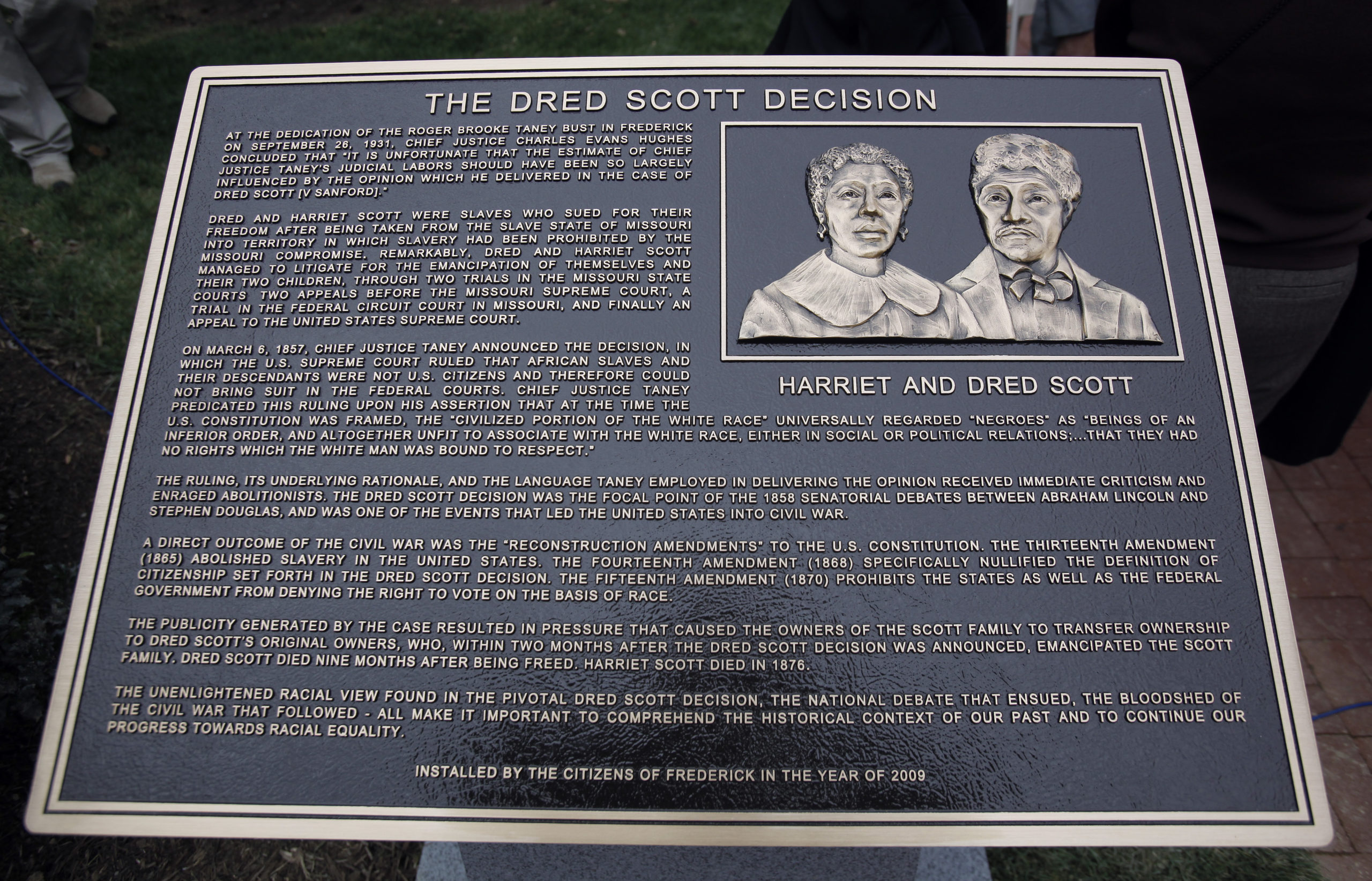On this day in 1857, the U.S. Supreme Court ruled that in the case of Dred Scott v. Sandford, also known as the Dred Scott Decision, that all people of African descent — whether they were slaves or free — could never become citizens of the United States and therefore could not sue in federal court.
Dred Scott, named as the plaintiff in the case, was unsuccessful in suing for his freedom after his master died. Additionally, the court ruled that the federal government did not have the power to prohibit slavery in its territories.
The Dred Scott case is now considered one of the worst decisions in the history of the U.S. Supreme Court. The decision was eventually overturned by the 13th and 14th Amendments to the US Constitution, which abolished slavery and granted citizenship to all persons born or naturalized in the United States.
Click play to listen to the AURN News report from Clay Cane. Follow @claycane & @aurnonline for more.




